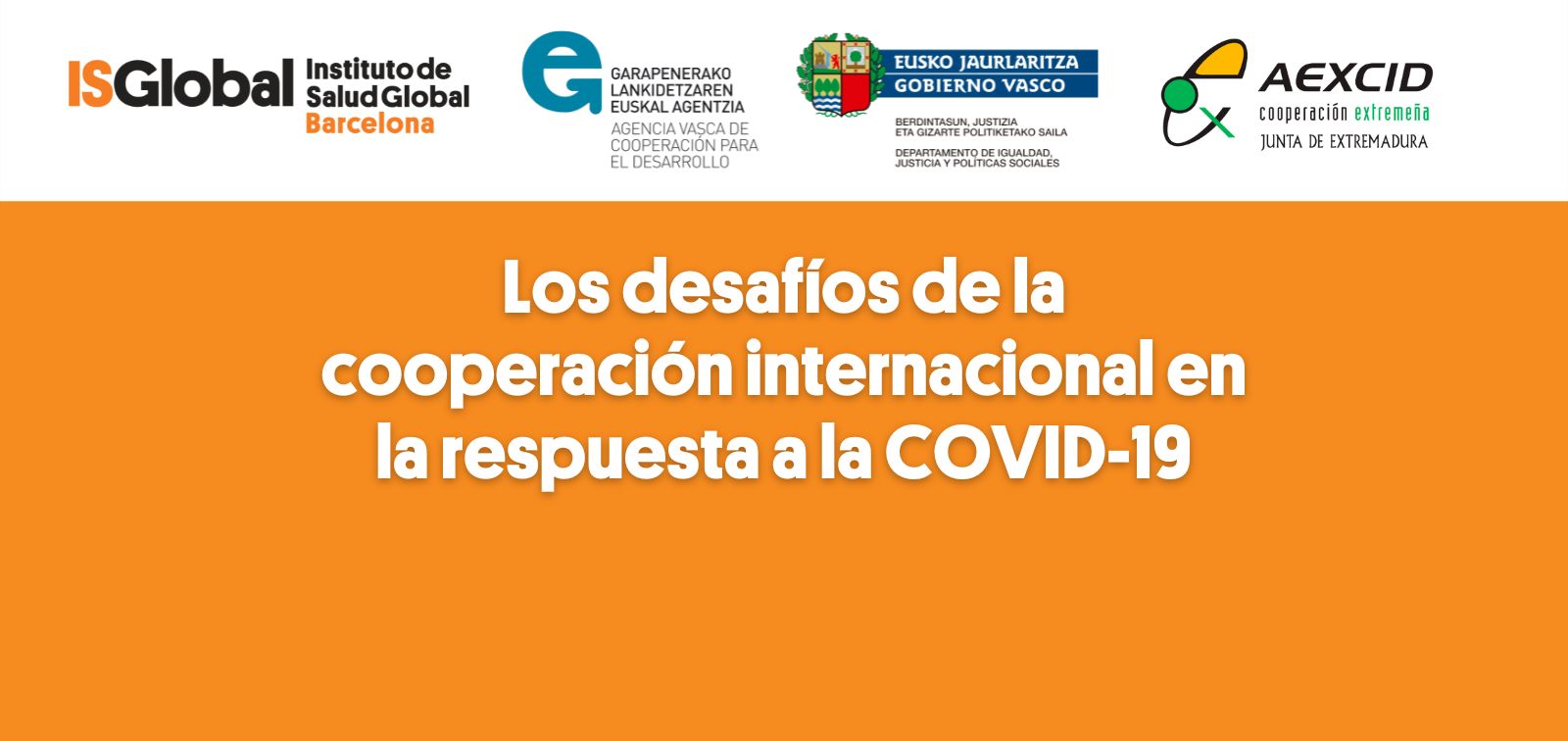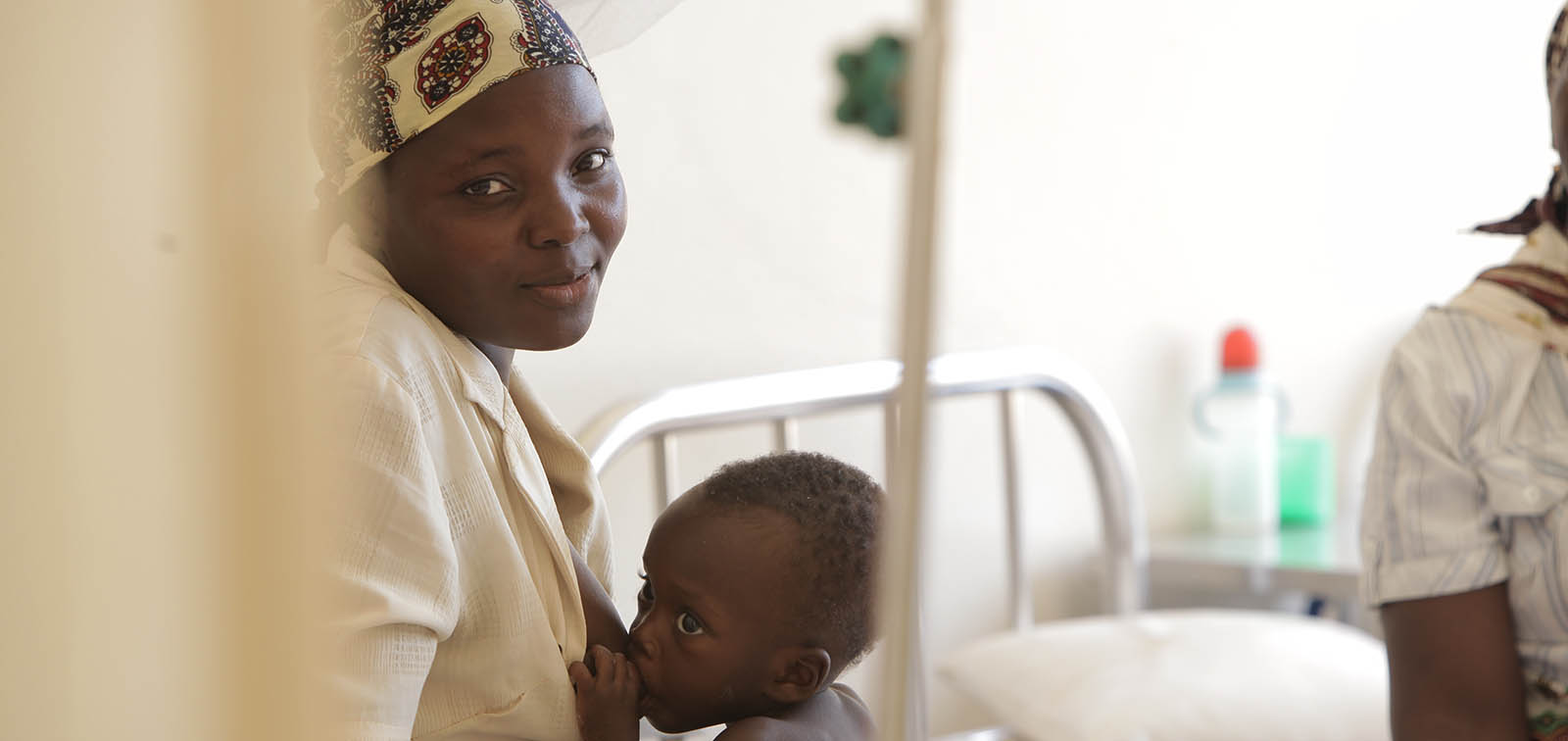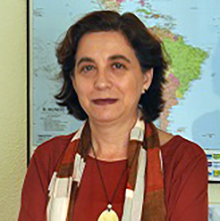How Have the International Cooperation Agencies of the Spanish Autonomous Communities Handled the COVID-19 Pandemic?
Paper published by ISGlobal reflects on the ways decentralised cooperation can redefine its role in the health sector
27.12.2022
The COVID-19 pandemic marked a turning point in the way we perceive and respond to the health challenges of our time. Like the rest of the international aid system, subnational and regional cooperation agencies have been obliged to take on a different role from the one previously expected of them. The donation of resources to fund projects remains a key mechanism, but the terms of the debate have been changed by the new role being played by aid organisations in the transfer of knowledge and institutional expertise and by the effects of coordinated collaboration with international initiatives created to deal with COVID-19.
Now is the time to build on the lessons learned. There is an opportunity for the official development agencies of Spanish autonomous communities to be among the actors leading the shift in Spanish and European aid towards a new model capable of making this a field distinguished by innovation in policies, partnerships and tools.
On the International Day of Epidemic Preparedness, the Barcelona Institute for Global Health (ISGlobal), in collaboration with the Extremadura Agency for International Development Cooperation and Elankidetza (the Basque Agency for Development Cooperation) is publishing a series entitled “The challenges faced by international cooperation in the COVID-19 response”. The series consists of four policy briefs, which reflect on how the development aid agencies of the Spanish autonomous communities can redefine their role in the health sector and make value-added contributions to global health.
The first three documents in the series deal with three specific areas of international cooperation: immunization; strengthening health and prevention systems; and response to future health emergencies. Each brief identifies the challenges that arose, reviews the responses during the pandemic, and proposes specific areas in which the autonomous communities could intervene.
The fourth and final document in the series presents the conclusions of the review and identifies a number of important issues, three of which stand out:
The revitalisation of cooperation in the health sector as a result of the pandemic. However, there is a risk that future crises and emergencies, similar to those that occurred in 2022, may detract from this momentum.
The importance of strengthening health systems and ensuring their resilience as a cornerstone of the work to achieve major global health objectives, such as progress towards universal health coverage as set out in Sustainable Development Goal 3 or improving preparedness for future health emergencies.
Significant advances in coordination between the development aid and health departments of autonomous communities, despite the fact that they work in very different ways owing to their distinct functions.
Based on the analysis undertaken, the brief proposes a series of actions aimed at furthering this redefinition of the role of autonomous community cooperation in the field of health. This time of transformation for the Spanish development cooperation system offers us a valuable opportunity and work on this project will continue in the coming months.
CLICK HERE TO ACCESS THE FULL DOCUMENT (in Spanish) (1,3 MB)






